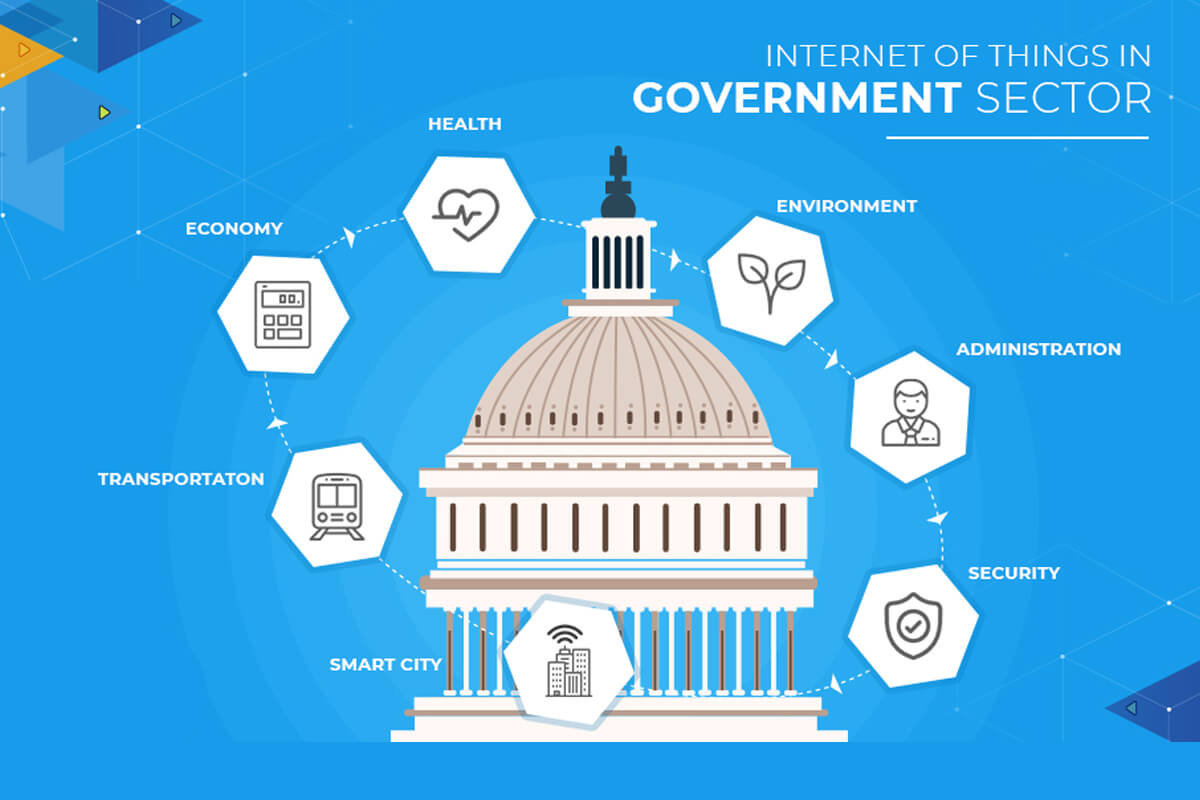In the ever-evolving digital landscape, where data breaches seem to be more of a certainty than a possibility, the recent revelation by Greylock McKinnon Associates (GMA) marks a significant moment of concern for privacy advocates, cybersecurity professionals, and individuals alike.
The breach, exposing a staggering 341,650 Social Security numbers, has cast a spotlight on the urgent need for stringent cybersecurity measures and proactive data protection strategies.

GMA: A Breach of Trust and Security
The incident at GMA, a well-regarded government consulting firm known for its economic and litigation support services, including collaborations with the U.S. Department of Justice (DOJ), underscores a chilling reality: no entity, irrespective of its size or the criticality of its operations, is immune to cyberattacks.
The breach, first acknowledged through notifications on Maine’s government website in May 2023, not only compromised the personal information of hundreds of thousands but also raised alarms over the potential misuse of such sensitive data.
What makes the GMA breach particularly disconcerting is the nature of the information exposed. Social Security numbers, essentially the national ID for U.S. citizens, unlock a myriad of personal and financial avenues. When placed in the wrong hands, they can be the cornerstone of identity theft, financial fraud, and countless other forms of cybercrime.
000 Social Security Numbers From Government Consulting Firm—U. S. consulting firm Greylock McKinnon Associates (GMA) disclosed a data breach in which hackers stole as many as 341,650 Social Security numbers. https://t.co/BsHm8DVkOr pic.twitter.com/6HxqhP5Tcs
— System Publisher (@sypuber) April 9, 2024
The Aftermath and Assurance
GMA’s response to the breach was multifaceted, encompassing immediate notification to law enforcement authorities, engagement with third-party cybersecurity experts, and direct communication with the impacted individuals.
The firm assured affected parties that the breach has no bearing on their Medicare benefits or coverage, an important clarification given the data involved specific medical information, health insurance records, and Medicare claim numbers.

However, the breach’s revelation wasn’t without its delays and criticisms. It took approximately nine months for GMA to fully ascertain the scope of the breach and notify the victims—a delay that has drawn scrutiny and underscored the complexities involved in managing and mitigating the impacts of cyber intrusions.
Lessons Learned and the Path Forward
The incident at GMA serves as a potent reminder of the vulnerabilities that persist in the digital age. For organizations, the breach underscores the importance of adopting robust cybersecurity frameworks, conducting regular security assessments, and fostering a culture of cyber awareness among employees.
For individuals, it reinforces the need for vigilance in monitoring personal and financial records, understanding the risks of sharing sensitive information and utilizing tools like credit freezes and fraud alerts.

As we navigate through the digital era, the battle against cyber threats continues to evolve. The breach at Greylock McKinnon Associates is not just a tale of technological vulnerability but a call to action for enhanced cybersecurity practices and policies.
It’s a narrative that demands attention from all stakeholders in the digital ecosystem, urging a collective effort to fortify defenses, enhance resilience, and safeguard the sanctity of personal information in an increasingly interconnected world.
In the shadows of such breaches, the path forward is clear: heightened vigilance, robust cybersecurity measures, and a proactive stance against the ever-present threat of cyberattacks.
As we move forward, the lessons gleaned from incidents like the GMA breach will undoubtedly shape the strategies deployed to protect the digital frontier and the individuals who navigate it daily.










